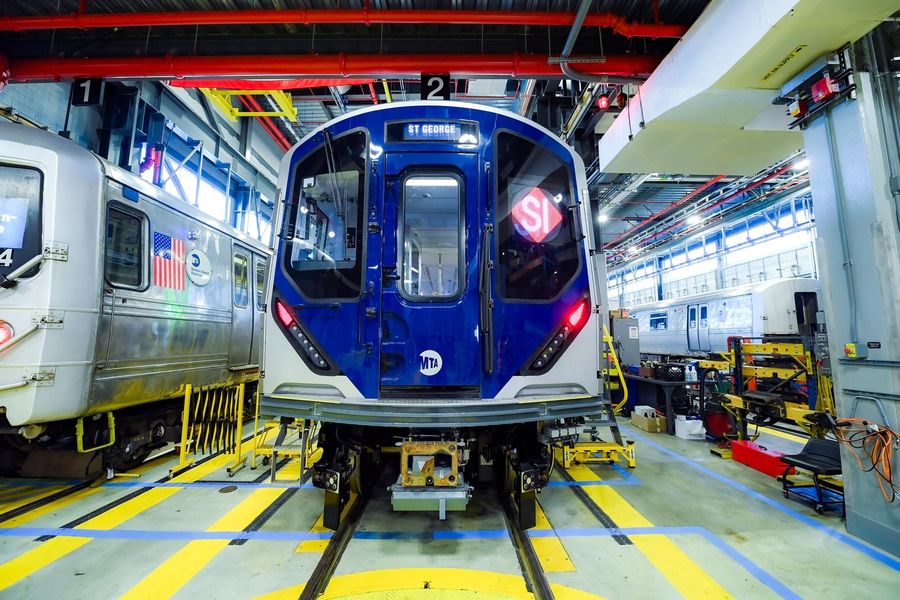 Kawasaki Rail Car, Inc awarded Wabtec Corporation a contract for the supply of brakes and couplers for 640 train cars for the New York metro. The “multi-million-dollar order” for service equipment provides seamless interoperability with other metro fleets in the New York City Transit System (NYCTS). The commonality of brake control components across the fleets benefits the transit authority with maintainability and inventory advantages.
Kawasaki Rail Car, Inc awarded Wabtec Corporation a contract for the supply of brakes and couplers for 640 train cars for the New York metro. The “multi-million-dollar order” for service equipment provides seamless interoperability with other metro fleets in the New York City Transit System (NYCTS). The commonality of brake control components across the fleets benefits the transit authority with maintainability and inventory advantages.
Kawasaki chose Wabtec’s brakes and couplers for this high-profile collaboration because of the safety and reliability of the company’s progressive and service-proven technology.
“We are delighted that Kawasaki has once again chosen to draw on our strong and longstanding relationship for this exciting project. We are proud to help boost reliability and improve metro service on the New York City Transit System, one of the largest and busiest in the world,” Wabtec Transit President Pascal Schweitzer said.
In 2018, New York Metropolitan Transportation Authority (MTA) approved the contract with Kawasaki Rail to supply 535 metro cars of R211 model with an option for 1,077 additional metro train cars. The base contract has a value of USD 1.4 billion and if options are exercised, the total value reaches USD 3.7 billion for up to 1,612 metro cars.
For the first 535 metro cars, Wabtec was also selected to deliver its products for the ordered railcars and this latest contract is part of the first option exercised by MTA in October 2022. A second option exists for up to 437 cars. Kawasaki will manufacture its R211 metro cars at its facilities in Lincoln, Nebraska and Yonkers, New York. The new cars for the first option are scheduled to be delivered in 2025 through 2026.
Wabtec has a long track record of working with NYCT and a longstanding commitment to Kawasaki. To further support its North American market, Wabtec’s equipment will mostly be produced in the United States, in Duncan, South Carolina. This proximity reinforces an already close client-supplier relationship, allowing for greater responsiveness and a more supportive partnership.
Share on:



